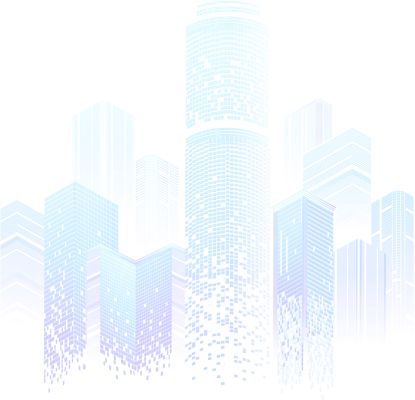








The City of San Francisco, like many other cities, uses “smart city” or “digital cities” technology to improve its services and infrastructure. While there are many benefits to the use of this technology, like automation for faster and more reliable services for everything from reducing traffic accidents to processing City ID cards, we need to also ensure that we protect resident privacy in the process. Through this effort the City hopes to understand resident perspectives and considerations about various technologies, data collection, and privacy.